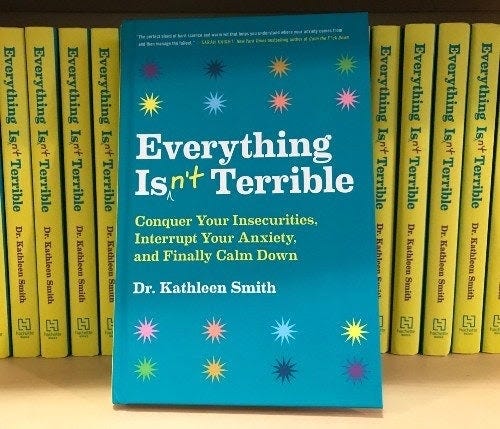A person working towards responsibility in self is always aware of his responsibility to others. As he devotes primary energy to self, he automatically becomes more responsible toward others, and less irresponsibly over-involved with others. – Dr. Murray Bowen
In times of great societal anxiety, like the tragedies of the past week, I try to think about families. When problems seem too big or too hopeless, the microcosm of the family helps me slow down, think, and not be surprised by how people react to great threats.
Because what happens in a family happens on a much broader scale.
And what do families do in a time of great stress?
They avoid talking about the issue all together.
Some people become over-responsible for others.
Some people become under-responsible for themselves.
They find a convenient scapegoat.
They focus on quick fixes and relieving symptoms rather than principle-based solutions.
They focus on feeling-oriented solutions rather than thoughtful ones.
If you’re like me, you’ve probably engaged or one or several of these behaviors this week. These reactions focus more on managing the anxiety than on solving hard problems. I can think of moments where I pretended nothing had happened or furiously focused on others’ irresponsibility.
And you know what? That’s okay. These reactions are stabilizing. They are even useful. But only to a point.
It is more comfortable to be irresponsibly over-involved with other people’s responses to an event. To lecture others on social media. To attack a problem and then retreat with exhaustion. It is much harder to stay plugged into hard things as your most responsible self.
I don’t know what it looks like for you to move towards being more responsible for self and to others in an anxious world. I’m still figuring out what it looks like for me. But here are a few questions that might jump-start your thinking:
What reactions are more about relieving my own immediate anxiety than solving a problem?
How have I become over-involved in others’ responses rather than focusing on my own?
When have I focused on blaming others as a way of managing my own reactivity?
Who are the people in my life who have somehow managed to stay plugged into hard problems over the long haul?
How might connecting with these people provide insight for me?
How do I make the time to define my thinking about the best way forward?
What resources/data do I need in order to do my best thinking?
How do I know when I’m anxiously focused on a problem rather than thoughtfully focused (i.e. doomscrolling)?
In the past, when have I somehow managed to become more responsible to others (and to hard problems)? How the heck was I able to do this?
How do I want to be more responsible for myself, so that I have the energy and brain power to do hard things?
What do I think is the difference between staying plugged into complex societal problems and only reacting to the daily crisis?
What does it look like for me to be responsible to my community? My country? The world?
What has helped you stay plugged into hard problems over a period of time? Feel free to leave a comment.
“It is never really possible to change another person,” wrote Dr. Bowen, “but it is possible to change the part that self plays.” To me, that is not a hopeless message, but an encouraging one. When I tinker with my own capacity, I change a little bit of the whole equation. I cannot fix the world, but I can make a project out of myself. I owe that to my family, my neighbor, and the planet.
News from Kathleen
On August 24th, I’ll be speaking at the Family Systems Institute’s annual conference on triangles.
Want to support my free newsletter? Buy me a coffee to keep the thoughts flowing, or share it with a friend.
Want to read more of my writing? You can read old newsletters at my website, or buy my book Everything Isn't Terrible from Amazon, Barnes and Noble, Indiebound, or your local bookstore (best option).
Want a free anxiety journal with the book? Calming Down & Growing Up: A 30 Day Anxiety Journal includes thirty daily prompts to help you reflect on and respond to your anxious behaviors. To receive a copy, just email me your receipt of Everything Isn’t Terrible.
Email me if you’re interested in Bowen theory coaching or want me to speak to your group or workplace. Follow me on Twitter, Facebook, or Instagram.
Want to learn more about Bowen theory? Visit the Bowen Center’s website to learn more about their conferences and training programs





